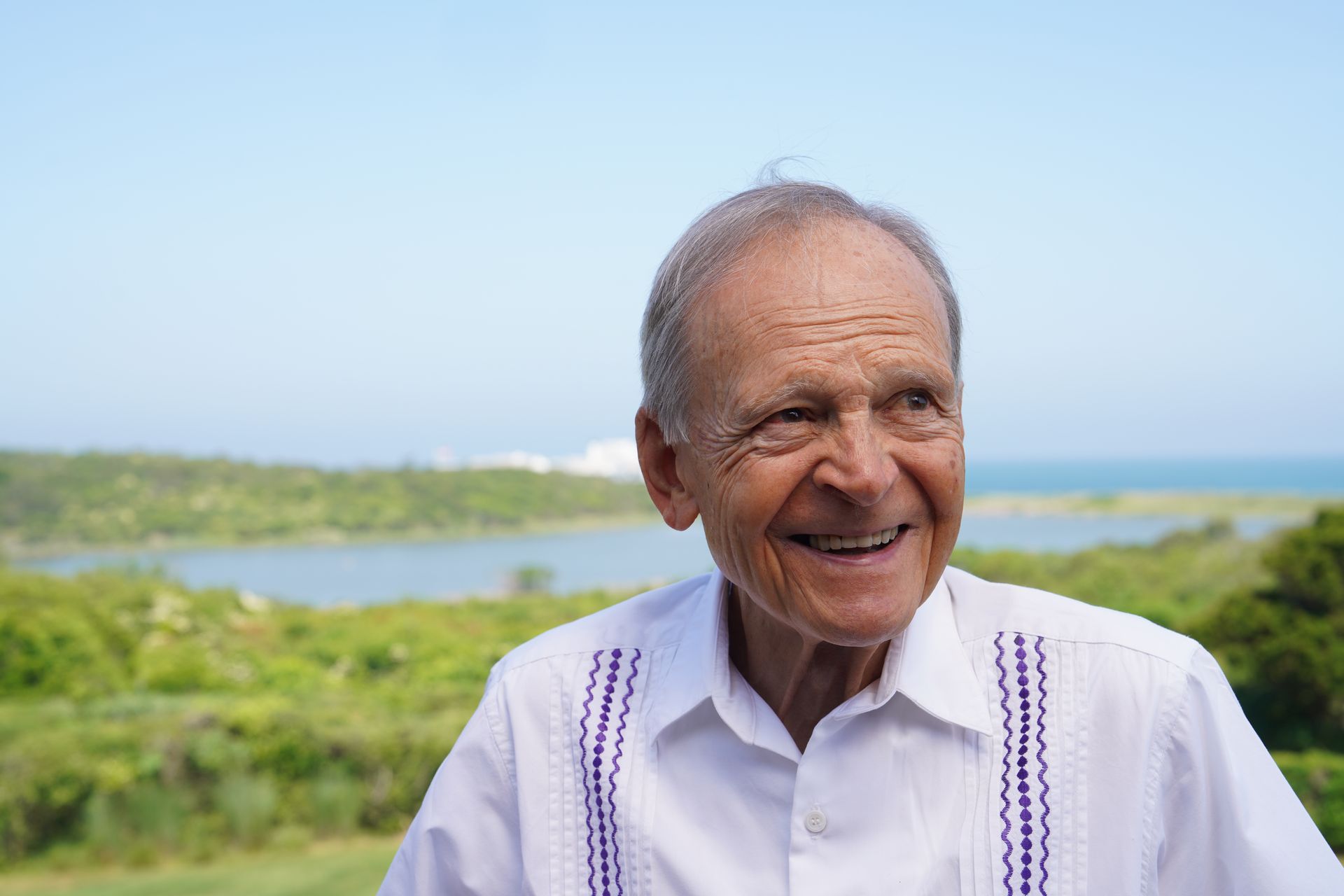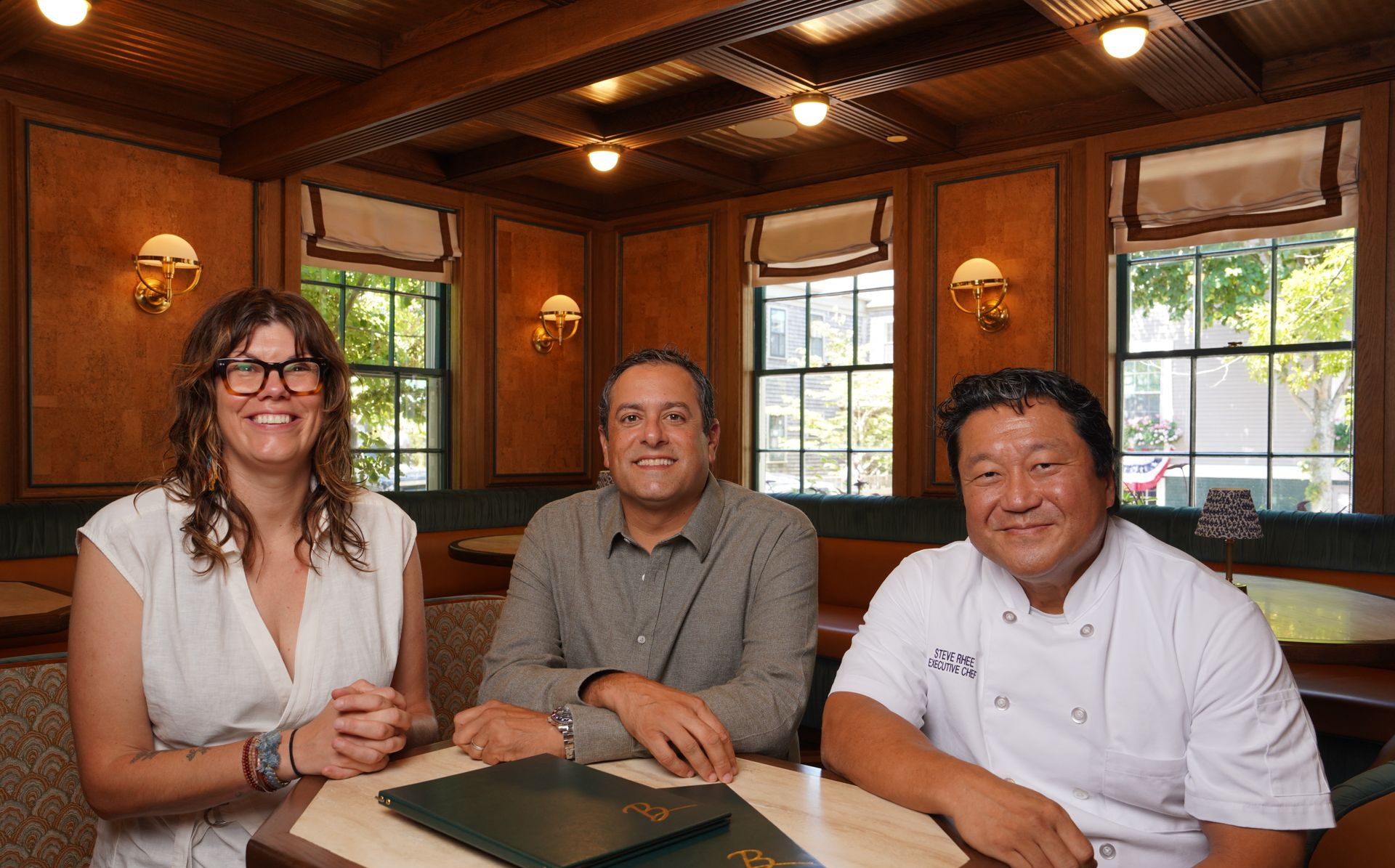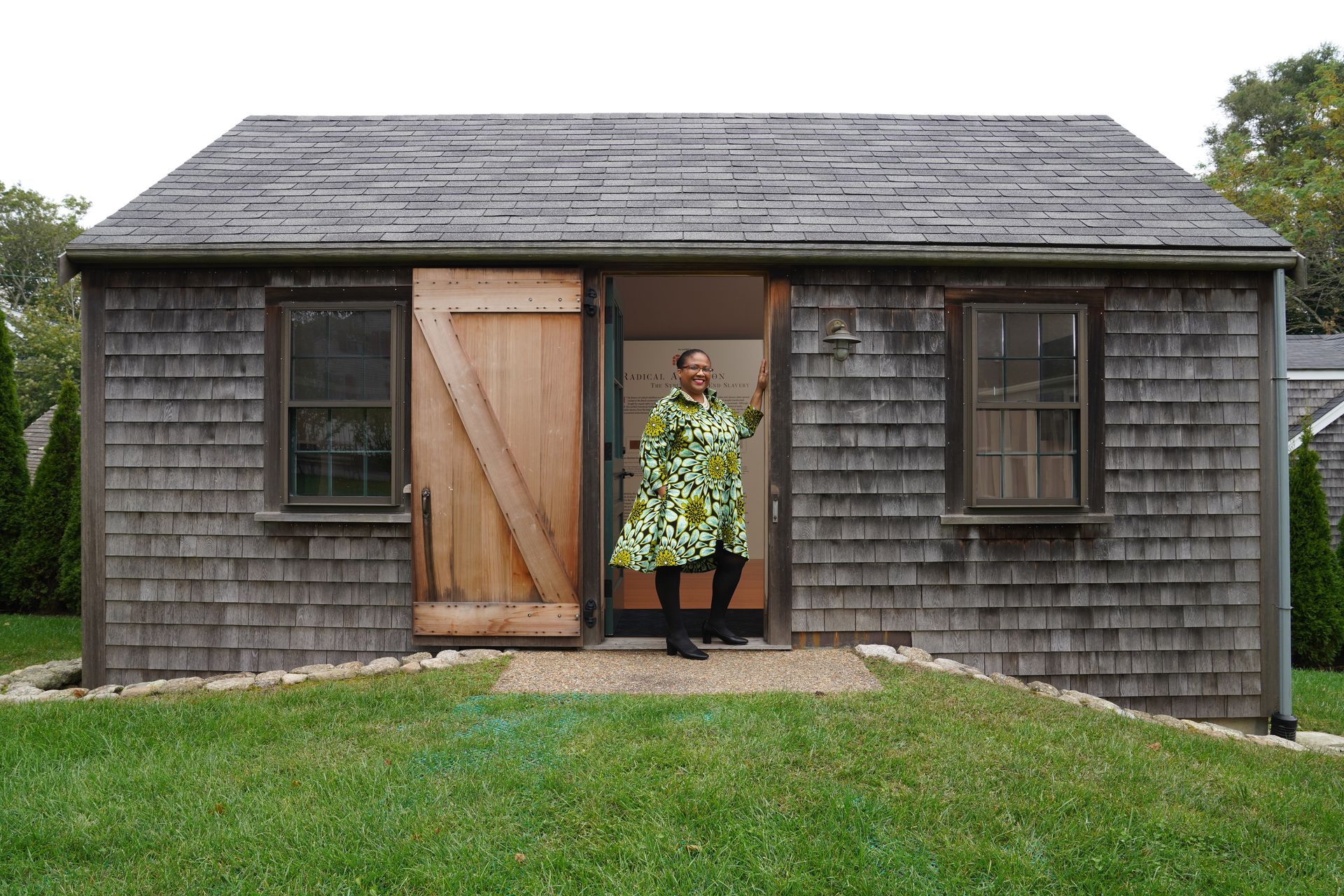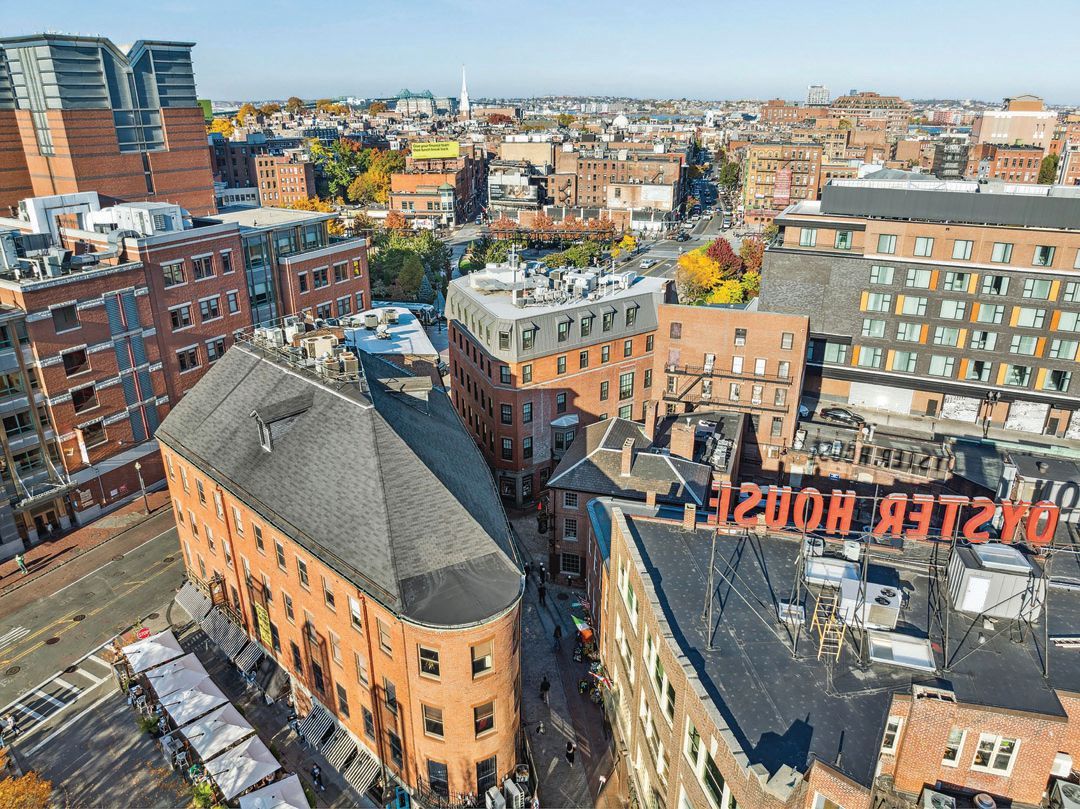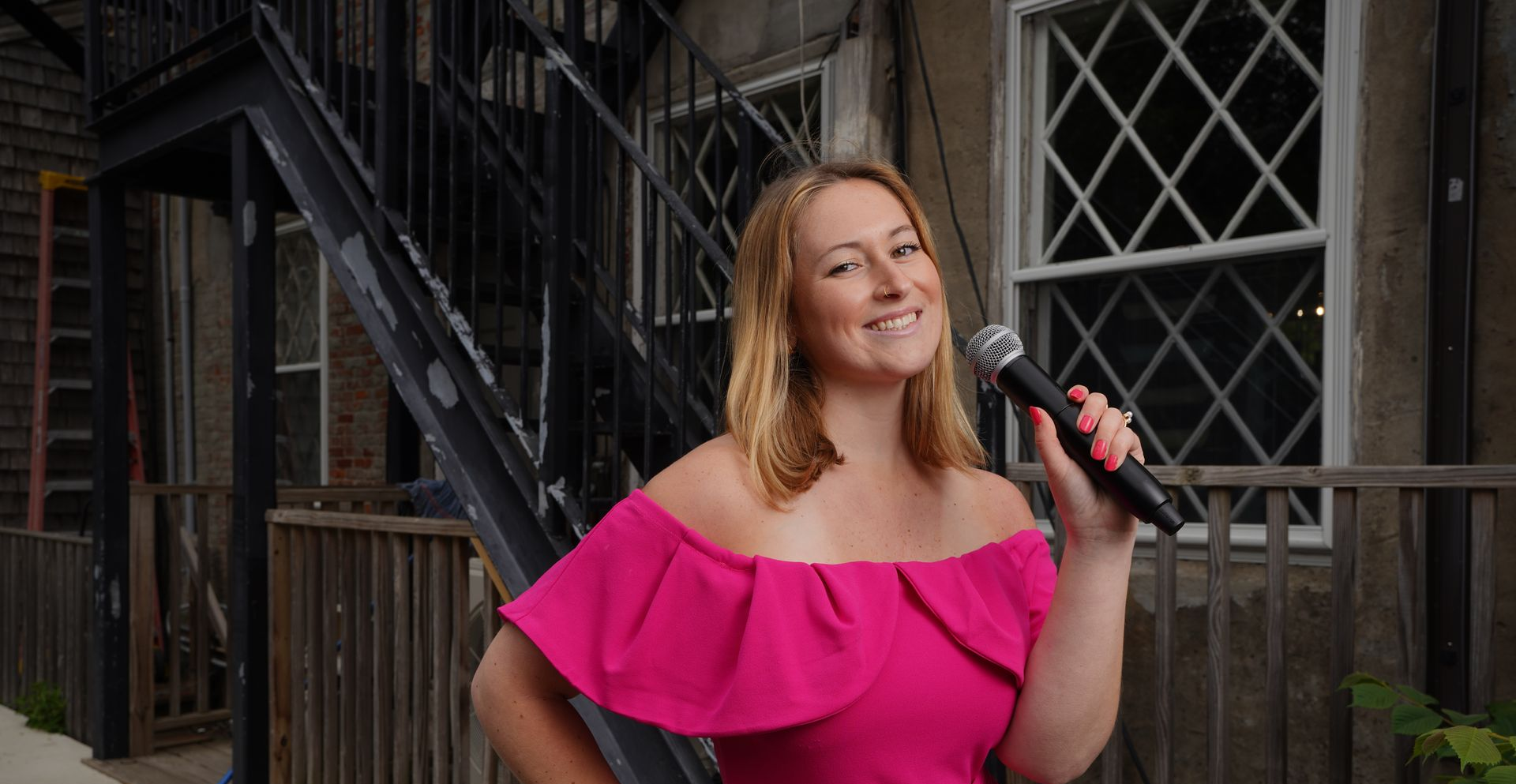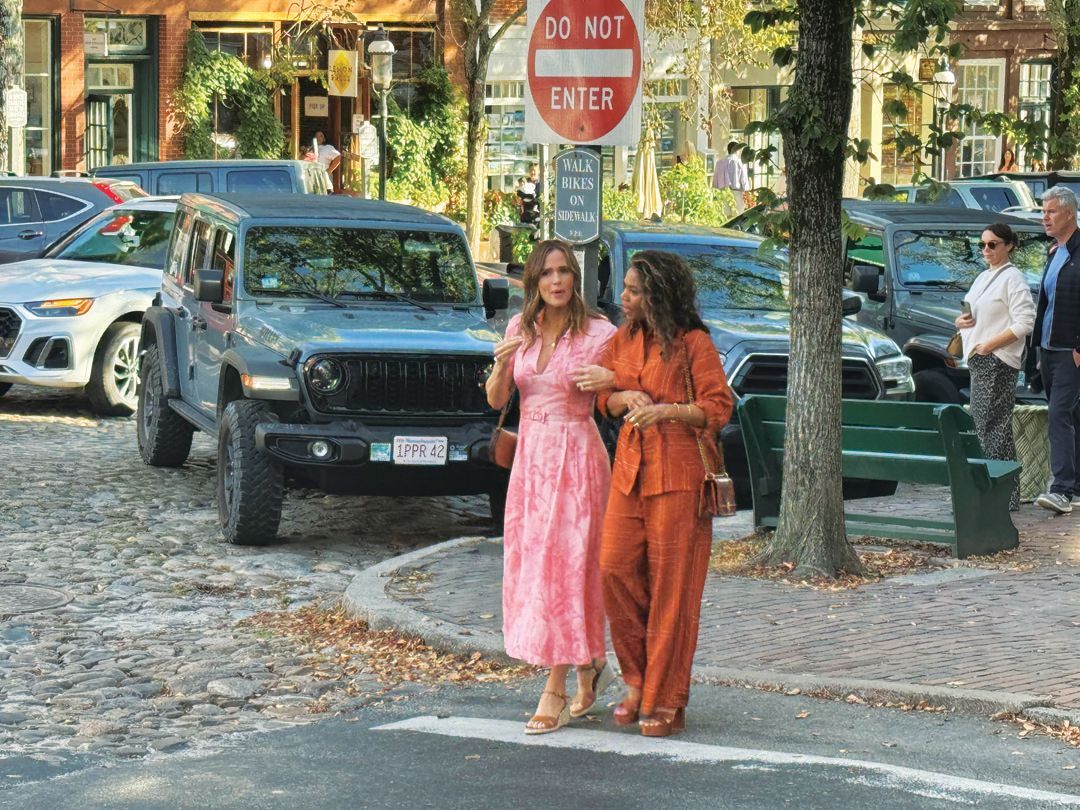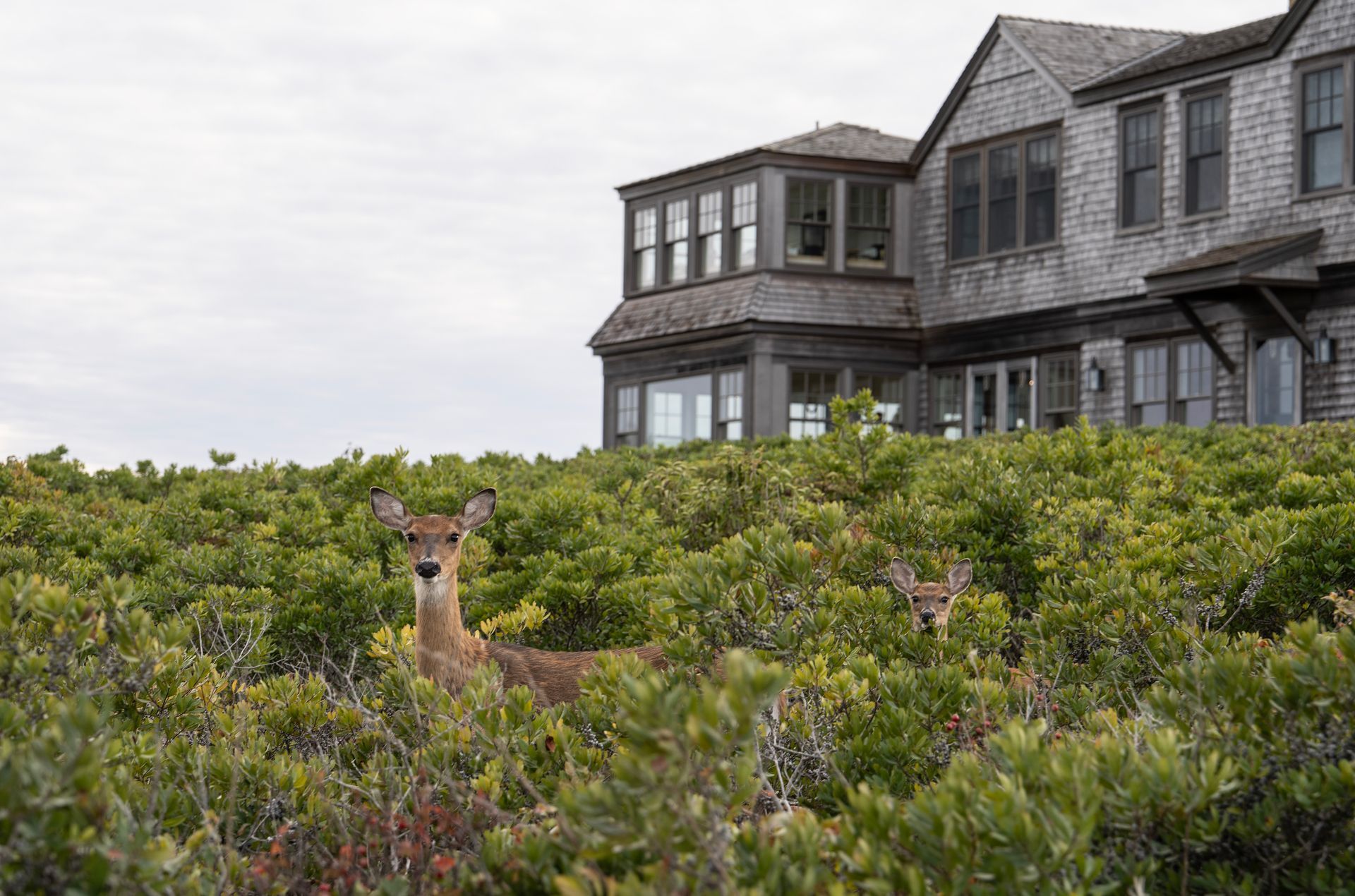Turbulent Times
Former Continental Airlines CEO Frank Lorenzo on the current state of air travel
Written by Brian Bushard
Photography by Kit Noble
Barbara Walters once called him “the most hated man in America.” The former CEO and chairman of Texas International Airlines and Continental Airlines, Frank Lorenzo oversaw several of the largest companies in the industry as air travel was really taking off in the 1970s and ’80s. He was known for his hard stance on labor unions and for his high-stakes deals at a time when other airlines crashed and burned. Through all of that turbulence, Lorenzo always seemed to come out on top, and he did it with a smile.
Lorenzo recently published a memoir on his career and the companies he led. Flying for Peanuts tells the full story of his career and his lifelong passion for air travel, and gives insight into both the airline industry and what Vanity Fair once dubbed the “Double Life of Frank Lorenzo.” He’s a family man, not a villain, he said. N Magazine caught up with Lorenzo at his home on Nantucket to talk about his memoir, as well as his thoughts on air travel today and the trials and tribulations of one particular deal he made in 1989—with Donald Trump.
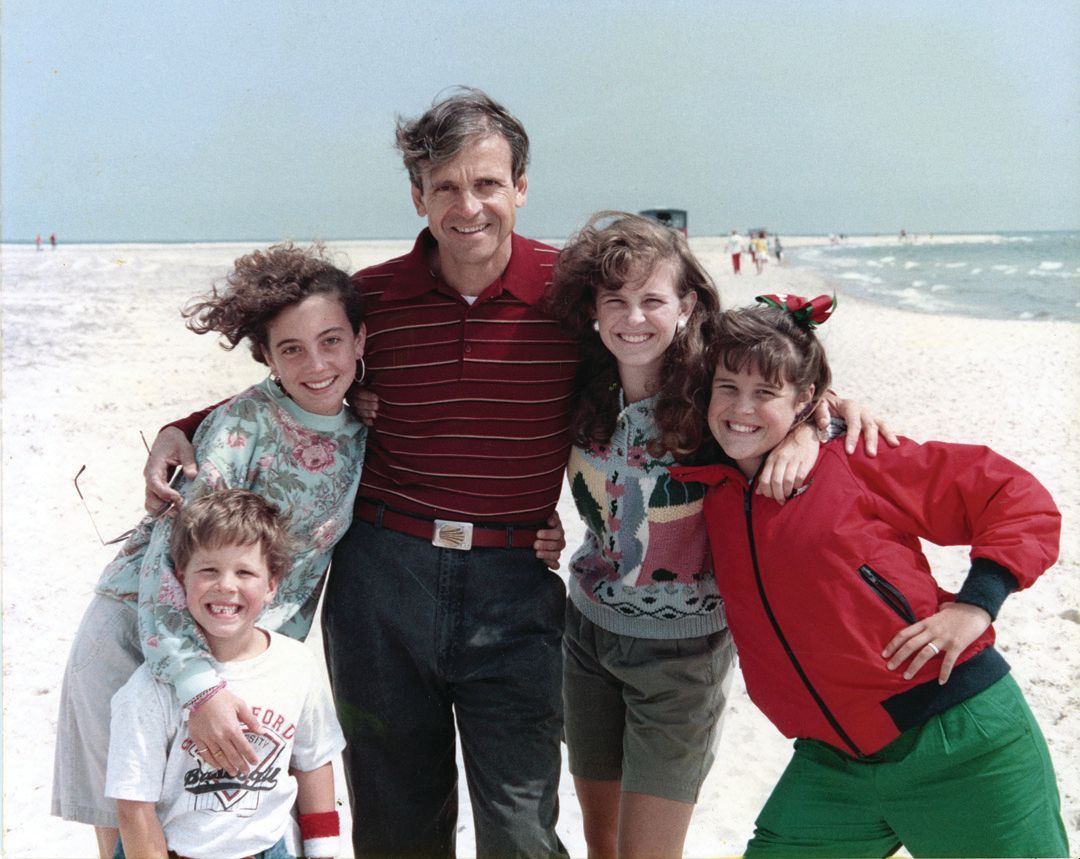
N Magazine: How did you end up on Nantucket?
Lorenzo: We came here in 1978, doing some financing for Texas International. One of their bankers invited us for the weekend. By Saturday, we had fallen in love with the place. We had been in Texas in the summer, and Sharon [Lorenzo’s wife]wanted to be someplace cooler in the summer. We had to fly out to London that Sunday morning, but the next summer we rented for a week, and then we rented fora month, and then we bought this place in1985 and had it built in 1987.
N Magazine: What was the airline industry like when you started your career?
Lorenzo: In 1972, we were the smallest airline in the region. We were also in Texas, which had Southwest Airlines. When deregulation hit in October of 1978, the industry dramatically changed. New carriers could come in, and they came in by the dozens. Prices changed. You could do whatever price you wanted. We were the first to eliminate cigars and pipe smoking on airplanes. There was a day when an Eastern Airlines plane had the cabin filled with smoke.
N Magazine: What have been the biggest changes you’ve observed in the industry?
Lorenzo: One of the biggest changes is the management of airlines. Back when we first bought control of Texas International, the industry was like a club. Everybody participated in the club, and then we came along and we knew we couldn't just do what the club wanted; we had to do some different things. When I used to go to the Air Transport Association meetings in Washington, all the big airlines would stay at one end of the table, and I would go to the other end, because I wasn’t really part of the club. We were considered mavericks. It’s that entrepreneurial management that is now standard in the industry. People back then started out because they wanted to walk up and down the aisle and feel like a big shot. We, on the other hand, were the first to do an unfriendly takeover. It had never been done. You have to be willing to take a risk and to experiment. Look at the money United Airlines is putting into some of the new aircraft types. This is great. United has even set up a venture capital operation. It’s a much more adventurous environment, and that doesn’t mean it’s any less safe by any means.
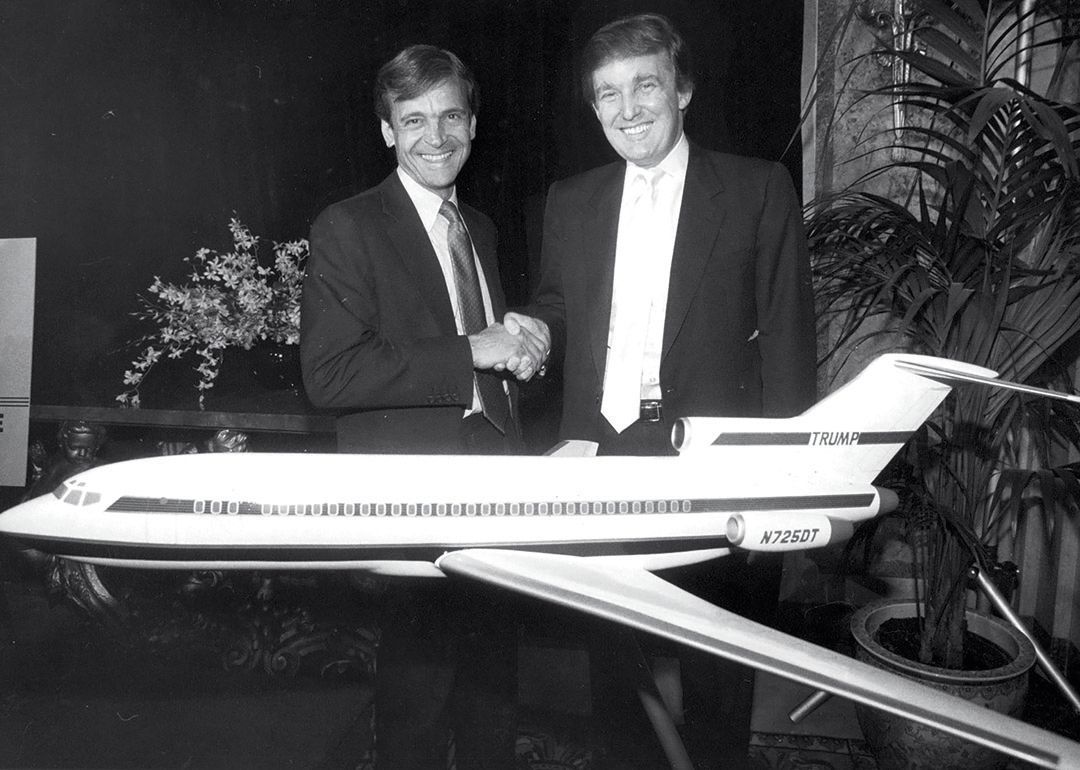
N Magazine: One of your biggest deals was the sale of the Eastern Shuttle to Donald Trump. When you look back at that deal, was it the right decision?
Lorenzo: We had started a little airline called New York Air to compete with the Eastern Shuttle in 1980, and that had been gradually eroding the market share of the Eastern Shuttle. We had New York Air giving away bagels and treating people well, back when the Eastern Shuttle was cheap and basic. You came on board the shuttle, you had your credit card, and the flight attendant went up and down with a credit card reader. They didn’t serve anything. The seats were tight. Then we bought control of Eastern and we had to deal with the shuttle. The Eastern Shuttle was separable from Eastern, and there was a lot of cash in it—and Eastern desperately needed cash. That’s the reason for selling the shuttle, and the most obvious person was this guy in New York. Everything that said “New York,” he loved, so I approached him.
N Magazine: What was it like working with Trump?
Lorenzo: We had a normal price negotiation, and then all of a sudden when we came to a deal, the pilot union went on strike. We kept some of the flights going because about a quarter of the pilots didn’t honor the picket line. The traffic on the shuttle dropped. Trump had every right to a force majeure. I called him up, said he was obviously able to back out of the deal, and he said, “Oh no, I love the deal.” We went skiing and I got a call from our general counsel saying, “Guess what, Trump’s announced he wants a lower price on the shuttle deal.” I was really pissed off. We went skiing that day and I flew to New York that night. His office called to renegotiate. I came to Trump and said we had heard he wanted to put in chrome interiors in his airplanes, and chrome interiors take a long lead time to get done. I told him we would add several airplanes to the deal, which were worth very little to us. Trump heard that and said it was great, so we put out a press release saying the deal was done.
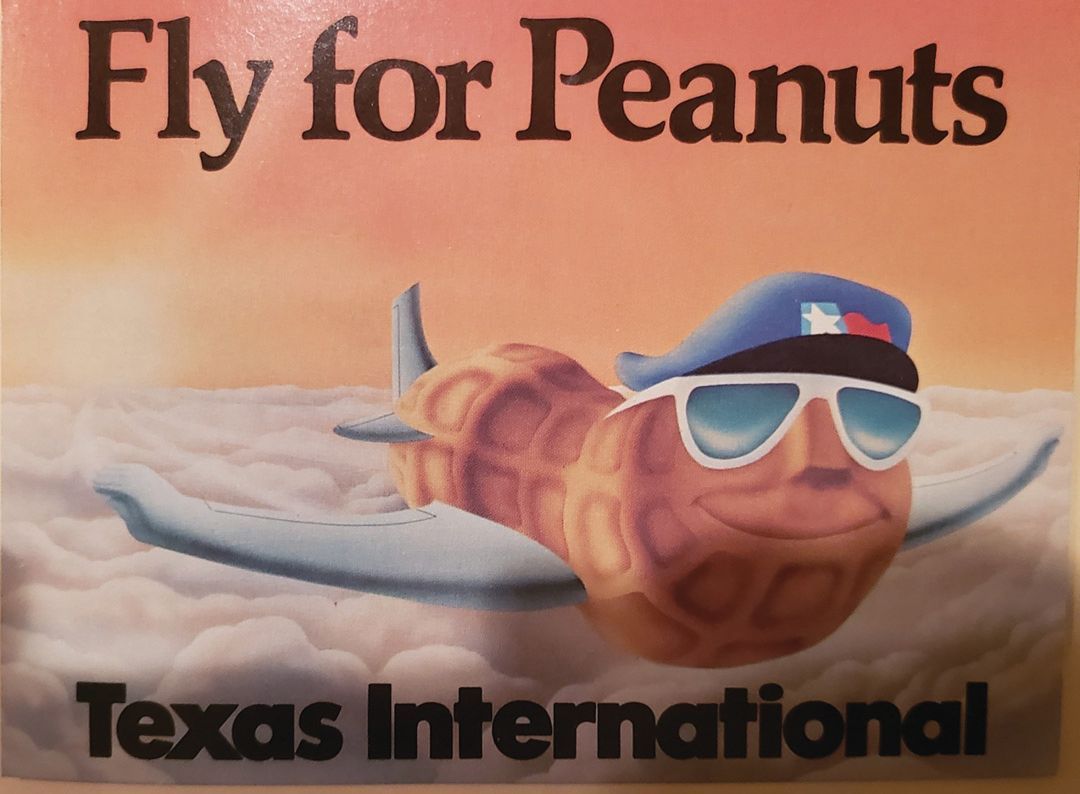
N Magazine: How do you feel about the airline industry today?
Lorenzo: Where we are today is not perfect. From a safety point of view, we have done a great job. But we have not kept up with the modernization of our FAA system. The new administration, after these terrible airline accidents particularly at the Ronald Reagan National Airport, knows there needs to be more regulation, particularly around that airport. The National Airport has no right to be having helicopters in a crowded airspace. That was an accident waiting to happen.
N Magazine: Airplane crashes seem to be in the news a lot recently, particularly the fatal crash in India this summer. What do you think can be done to improve airline safety?
Lorenzo: The information is just coming about the incident in India. It’s really too early to know whether there was a maintenance issue, but that plane—the Dreamliner—had been operating for 11 years, so it’s certainly not a problem with the plane. Boeing is doing a very good job following up on airplanes. As we go forward, we talk a lot about having small electric airplanes. Well, who is going to regulate these? How are they going to be tracked down when they’re buzzing around the sky? Anyone of them could bring down an airplane. There’s a lot of work that can be done.
N Magazine: You’re known for the hub-and-spoke model with airlines. We’ve seen recently that some airlines without central hubs can suffer meltdowns. Has the industry learned its lesson?
Lorenzo: You have to look at all the revenue it was bringing in with connecting flights. Southwest Airlines had a different concept entirely from the beginning. They had smaller airplanes, and they came up with the idea of going from important cities to other important cities and basically offering one-stop service. They were very successful with it. They had a great plan for many years. But then, the model shifted and they hadn’t updated their systems. It was only a matter of time until they had a meltdown.
N Magazine: Throughout your career, you have been labeled as a “tough guy.” Do you think that criticism is fair?
Lorenzo: No. We were just responding to airline deregulation. We were just responding to how you could keep a company alive. The unions had come up with this strategy to make Frank Lorenzo the issue. The unions had put together this massive public relations campaign to make Frank Lorenzo out to be this monster that eats his kids for breakfast and employees for lunch. Their argument was always to blame the Frank Lorenzo style of management and that any problems had nothing to do with the deregulation. But we loved our people. In 1983 when the pilots struck us, because we implemented new work groups to save us, we got 22% of the pilots to come back to work—and that 22% could operate 45% of our system. These people that came back to work could see what was going on. They could see Southwest Airlines next door and recognize that we had to change or we weren’t going to stay alive. We weren’t bad guys. We just did what had to be done to save the company, which we did. Otherwise it would have gone the way of Trans World Airlines and Pan Am, and all these other companies that just went by the wayside.
N Magazine: Do you have any predictions about the future of air travel?
Lorenzo: Safety is going to continue to be a major emphasis. We are going to see some new technologies by 2030 and beyond—technologies like electric, smaller aircraft, supersonic airplanes. We are going to see technological changes, but if you think about it, very little has changed in the last 30 years.
N Magazine: What are your tips for air travel?
Lorenzo: Allow plenty of leeway. Allow leeway for the unexpected.
N Magazine: Do you have a favorite airline food?
Lorenzo: Just the snacks. The boxes of snacks these days are pretty good
